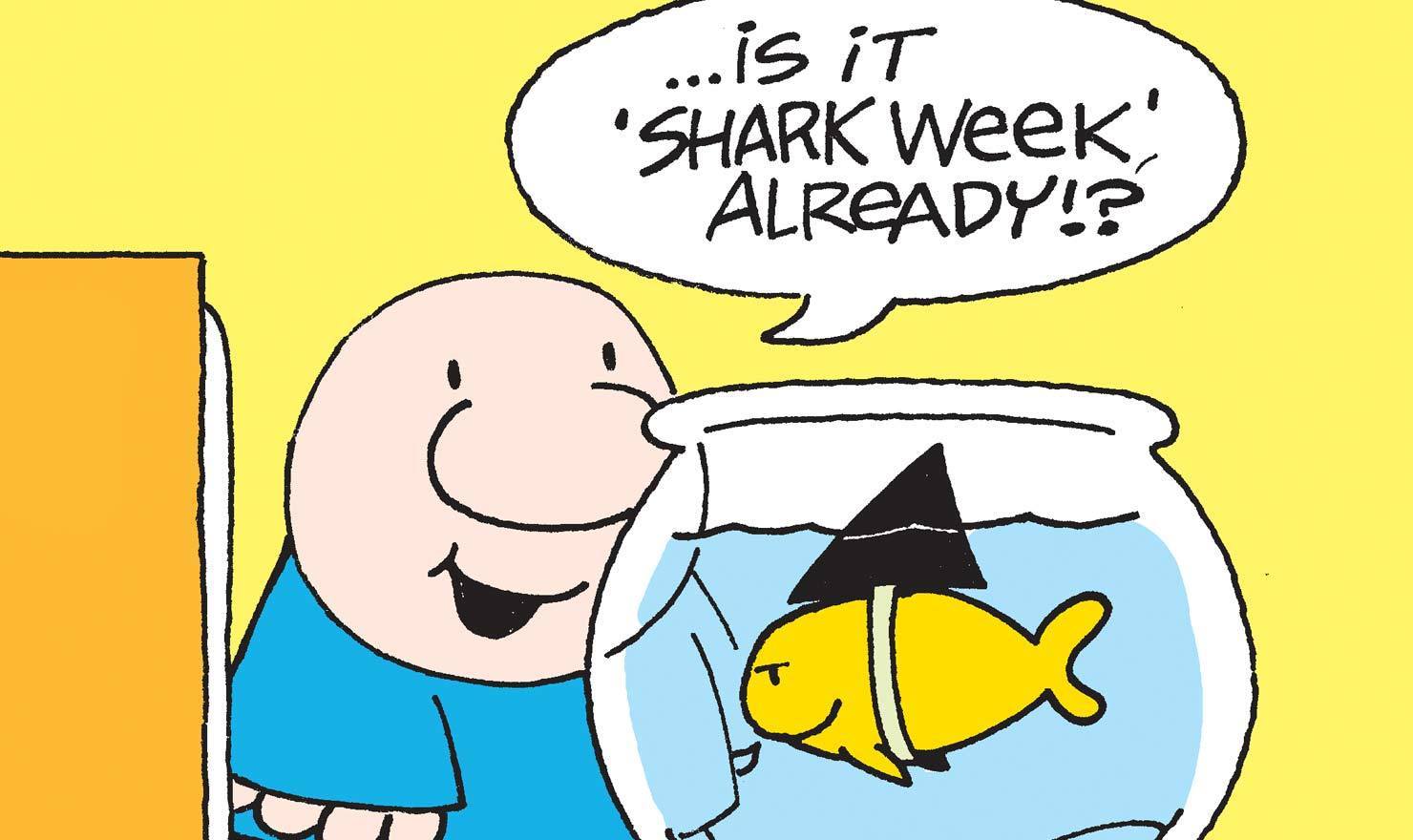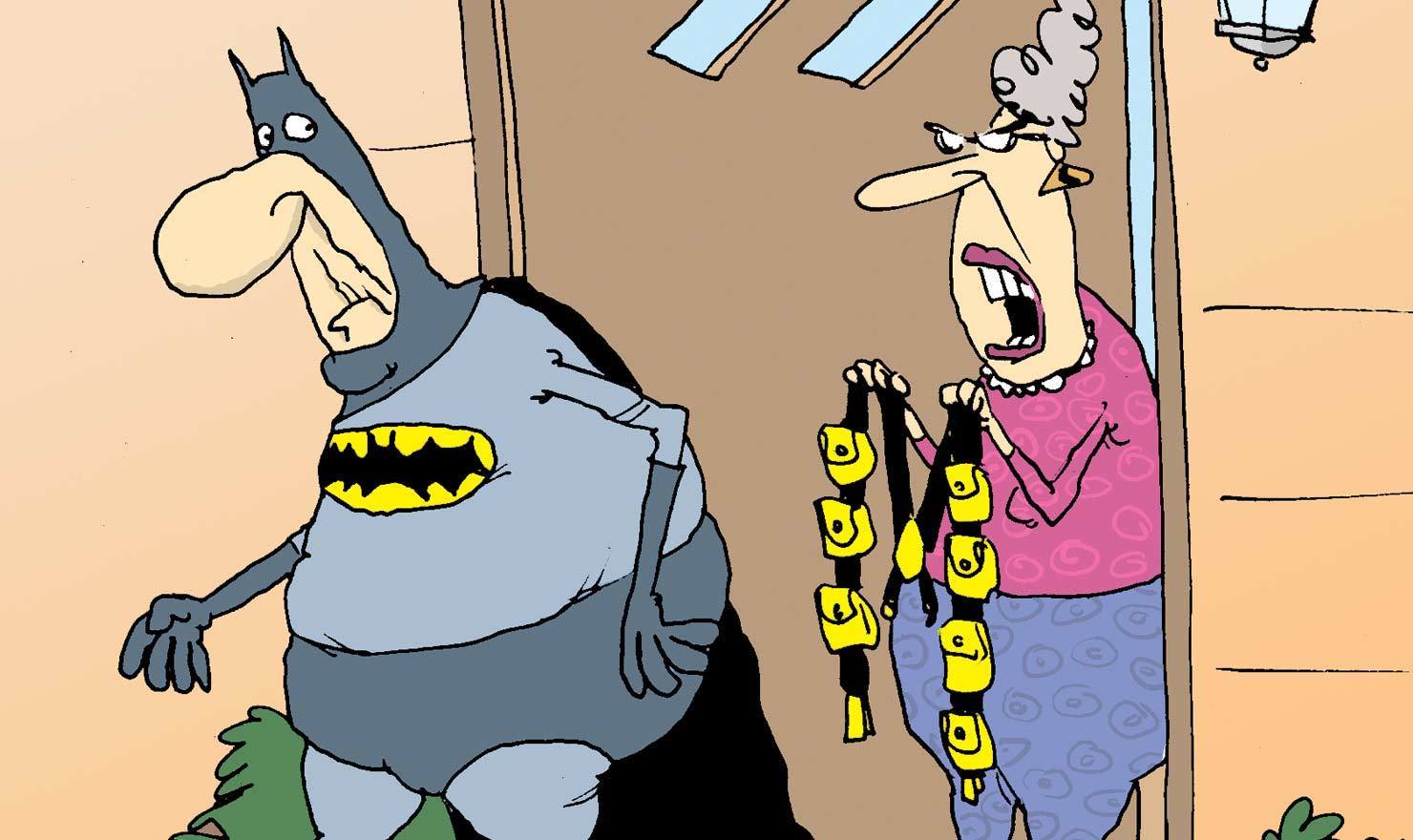Over the Hedge by T Lewis and Michael Fry for May 07, 2015
Transcript:
verne, the clickbait zombie!... rj: Verne, you can't hear us, but we're here to save you! 12 wrestlers who were poetry majors click rj: hammy, I'll hold his shoulders....you grab the laptop and run.... computer 17 celebrities who repeatedly mispronounce forte click 3! 2! 1! go!! hammy: Yikes! computer: 13 cities where it's not illegal to throw chewing gum at cats verne: Austin is so behind the times.








juicebruce over 9 years ago
Pull Hammy Pull !
Liverlips McCracken Premium Member over 9 years ago
He’s glued it to the stump. Clever, devious turtle.
Ermine Notyours over 9 years ago
1 squirrel with rubber arms.
QuiteDragon over 9 years ago
It is – arguably – not possible to pronounce “forte” correctly. If it is pronounced as its French roots would dictate, it is “fort”, because there is no accent on the last letter, i.e., “forté”. But, since the common English pronunciation has been “for-tay”, there is a strong argument for that being the correct pronunciation (in English). So, looked at from a certain point of view, there is no correct way to pronounce it (or there are two correct ways, but it is more fun to say there is none).
QuiteDragon over 9 years ago
Wrestling and boxing; where poetry goes to die, ’cause, it “floats like a butterfly, stings like a bee.”
QuiteDragon over 9 years ago
I have (fortunately) nothing to say about throwing chewing gum at cats.
hippogriff over 9 years ago
QuiteDragon: It depends on what you mean. Fort (French, a strong point), fortay (Italian, loud, as in the musical notation).
John W Kennedy Premium Member over 9 years ago
Correct. It’s [for-tay] for the Italian word meaning “loud”, the opposite of “piano”, but [fort] for the French word meaning “strong point” (originally, the strong part of a sword blade), the opposite of “foible”.